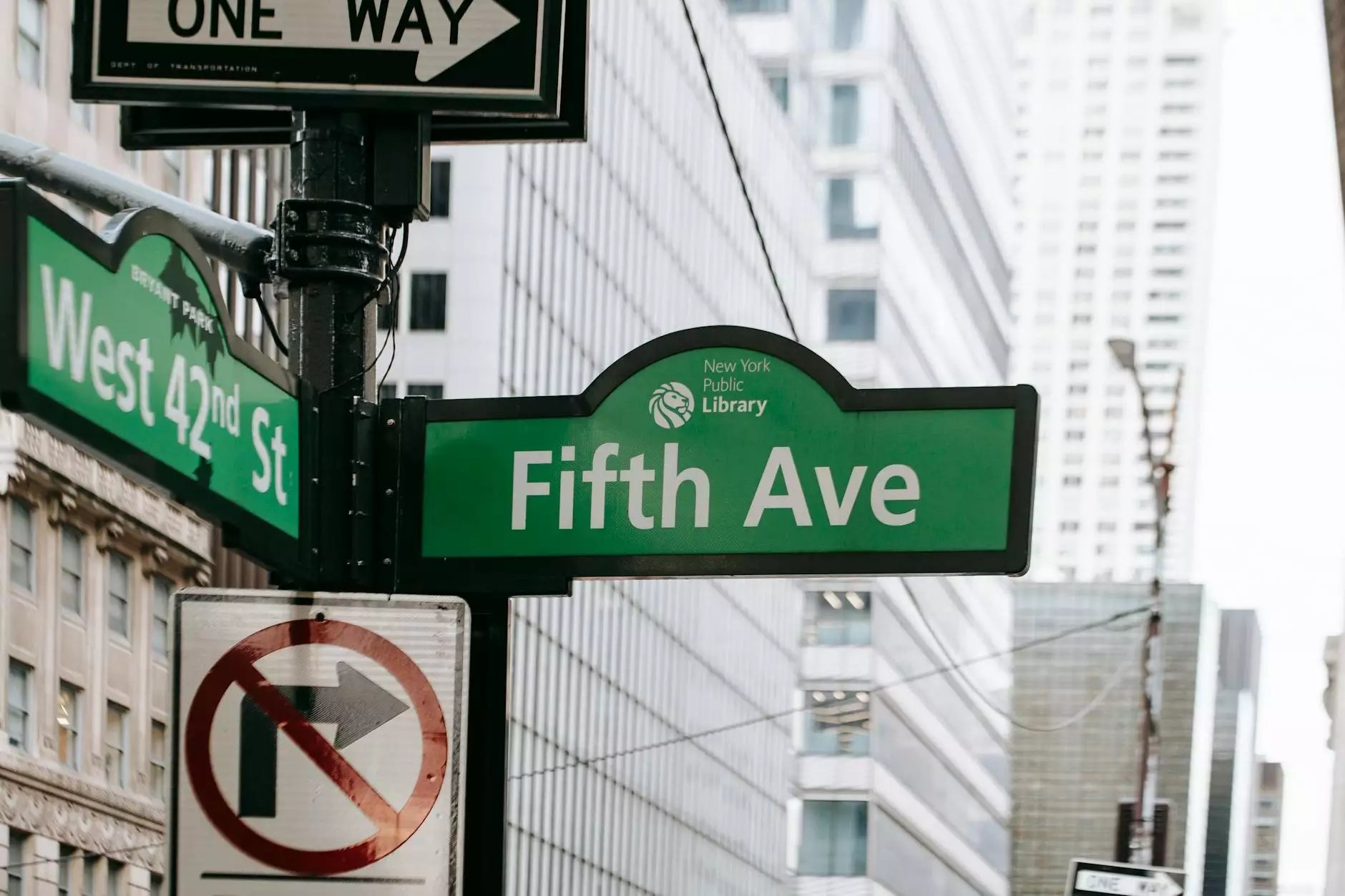The Fascinating World of Nobility Titles

When it comes to the intriguing realm of titles of nobility, there is a sense of tradition and prestige that captivates many. The question of who can grant titles of nobility has long been a subject of curiosity and wonder, sparking curiosity in those seeking to understand the history and significance behind these revered designations.
Understanding Nobility Titles
Nobility titles have a rich history that dates back centuries, entwined with the fabric of society and culture. These titles often symbolize lineage, honor, and social status, with each one carrying its own unique meaning and traditions. From knights and barons to dukes and earls, the world of nobility presents a diverse tapestry of titles that reflect the complexities of historical hierarchies.
The Role of Granting Authorities
In the context of who can grant titles of nobility, the process is deep-rooted in tradition and legal frameworks that vary across different regions and cultures. While historically monarchs and royalty held the power to confer nobility titles, modern practices may involve governmental bodies, aristocratic institutions, or religious organizations depending on the jurisdiction.
Religious Organizations in Nobility Titles
Within the realm of religious organizations, there exist instances where titles of nobility are imbued with spiritual significance. In some cultures, religious figures such as bishops or abbots may have the authority to confer certain noble titles, reflecting the intertwining of church and state throughout history.
Churches and Nobility Titles
Churches have also played a significant role in the granting of titles of nobility, particularly in periods where religion held immense power and influence over societal structures. In certain historical contexts, individuals with close ties to the church hierarchy could attain noble designations, solidifying their standing in both religious and secular realms.
Exploring Spiritual Shops and Noble Titles
Even in the realm of spiritual shops, the allure of titles of nobility can be felt, albeit in a more symbolic sense. While these establishments may not have the authority to grant official titles, they can offer a range of products and artifacts that celebrate the legacy and mystique of nobility, catering to enthusiasts who appreciate the regal history behind such designations.
Legacy and Prestige
The allure of nobility titles lies not only in the accolades they bestow upon individuals but also in the legacy and prestige they carry. Whether through hereditary succession, official decree, or ceremonial investiture, the conferral of a noble title signifies a recognition of service, leadership, or lineage that resonates through generations.
Conclusion
In conclusion, the question of who can grant titles of nobility unveils a captivating journey through history, tradition, and societal customs. From the grandeur of royal pronouncements to the solemnity of religious rites, the world of nobility titles stands as a testament to the enduring fascination with honor, status, and heritage.









